Beauty Supplements Really work?
While the right supplements can support your skin, it’s important to remember that they shouldn’t replace a good skincare routine or a balanced diet. Vitamins, minerals, and fatty acids are all essential for skin health, but their impact depends on a variety of factors—like the types of supplements, how they’re taken, and your overall health. So, are beauty supplements a game-changer, or are they just another fad? Let’s break it down!
Key Supplements and Their Benefits
When it comes to supporting your skin from the inside out, certain supplements stand out for their potential to improve skin health. But before you start popping pills, it’s important to understand the real benefits and limitations of these popular choices.
Collagen:
Collagen is one of the most talked-about beauty supplements, and for good reason. It’s known for improving skin hydration, elasticity, and reducing the appearance of wrinkles. While there is some solid evidence backing these claims, the impact is often less dramatic than what ads might suggest. Collagen supplements can certainly help maintain your skin’s firmness, but they won’t be a magic fix for aging skin. That said, they are generally safe to use and may provide noticeable improvements over time.
Fish Oil (Omega-3s):
Omega-3 fatty acids, found in fish oil, are essential for maintaining healthy skin. These healthy fats have been shown to improve skin conditions like acne, eczema, and psoriasis. However, if your main goal is a general boost in skin appearance, fish oil may not be the most effective choice unless you’re targeting specific issues. Still, it’s a great supplement to have for overall skin function.
Vitamin C:
Vitamin C isn’t just great for your immune system—it’s also a powerhouse for your skin! It plays a key role in collagen production, which helps maintain your skin’s firmness. Additionally, vitamin C can protect your skin from UV damage and reduce signs of aging like wrinkles and dryness. Some studies suggest that supplementing with vitamin C—especially alongside other skin-supporting nutrients like collagen—can lead to healthier, more youthful skin.
Biotin:
Biotin is often included in supplements for hair, skin, and nails, but its actual impact on skin health is debatable. There’s no strong evidence that biotin will dramatically improve skin appearance unless you have a deficiency in this vitamin. In fact, it may even interfere with certain lab tests, so it’s best not to rely on it for skin concerns unless advised by a healthcare provider.
Multivitamins:
If you’re lacking in certain nutrients, a well-rounded multivitamin can help fill in the gaps and improve your skin’s appearance. Research suggests that taking a combination of vitamins, minerals, and fatty acids can help treat issues like dry or dull skin. Multivitamins are especially helpful for those who have dietary restrictions or deficiencies that may be affecting their skin’s health.
Probiotics:
A healthy gut is key to healthy skin, and probiotics can help keep your gut bacteria in check. Probiotics are especially useful for those with skin conditions linked to gut imbalances, such as acne or rosacea. However, keep in mind that they’re not a one-size-fits-all solution, and the benefits for skin health can vary from person to person. Still, maintaining a balanced gut microbiome is important for overall skin health.
While these supplements can help support your skin, remember that they work best in combination with a healthy diet and skincare routine. It’s all about finding what works for you and complementing it with other healthy lifestyle choices.
Beauty From Within: Nutricosmetics
Nutricosmetics, or oral beauty supplements, are gaining popularity for their promise to enhance the health of your skin, hair, and nails. These supplements often contain ingredients like collagen, plant extracts, and various vitamins that are said to promote a more radiant, youthful appearance. But how effective are they really?
While some ingredients, like collagen, have some solid evidence backing their skin benefits, the results can vary. For example, collagen can support skin hydration and elasticity, but it’s not a quick fix for deep wrinkles or sagging skin. Plant extracts, antioxidants, and other vitamins found in nutricosmetics might offer additional benefits, like reducing inflammation or protecting skin from oxidative stress. However, the efficacy of these supplements can differ from person to person, and the results are usually subtle and build up over time.
That being said, it’s important to remember that while nutricosmetics can be a helpful addition to your beauty routine, they shouldn’t be relied on as a replacement for topical skincare products or a balanced diet. The real foundation for long-lasting, glowing skin starts with nourishing your skin from the outside with the right skincare products and maintaining a healthy diet rich in nutrients.
Supplementation vs. Diet
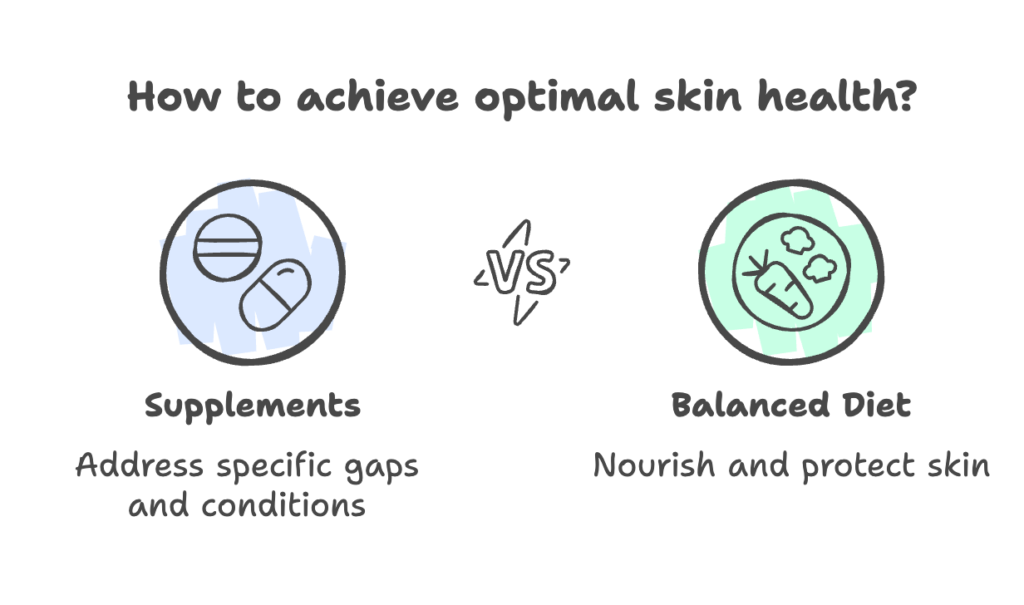
When it comes to achieving healthy, glowing skin, supplements can play a role, but they shouldn’t be the main focus. While supplements like vitamins and collagen can help, especially in cases of deficiencies or specific skin conditions, they can’t replace the benefits of a well-rounded, nutrient-dense diet.
A balanced diet rich in fruits, vegetables, healthy fats, and adequate hydration provides your skin with the essential nutrients it needs to stay nourished from the inside out. For example, antioxidants from colorful fruits and veggies protect the skin from environmental damage, healthy fats (like omega-3s from fish or nuts) support the skin’s moisture barrier, and water keeps everything hydrated and functioning properly.
Supplements are best viewed as a boost—helping when you need to address specific gaps in your nutrition or manage a skin condition. However, they won’t be as effective if you aren’t also eating the right foods and staying hydrated. The key to optimal skin health is finding that balance between supplementation and a healthy diet that supports your skin’s needs.

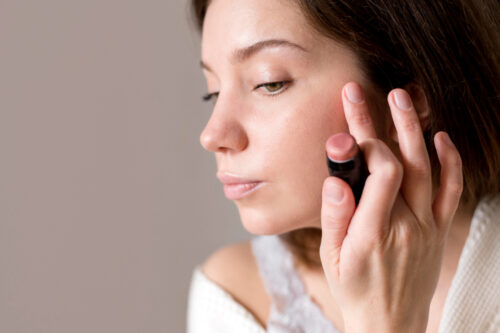
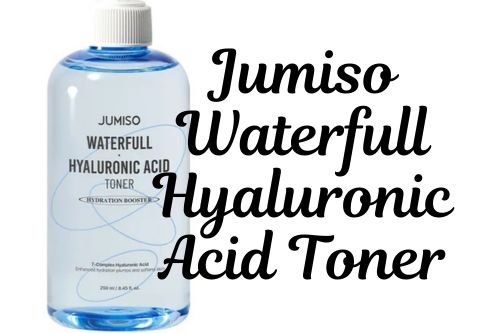
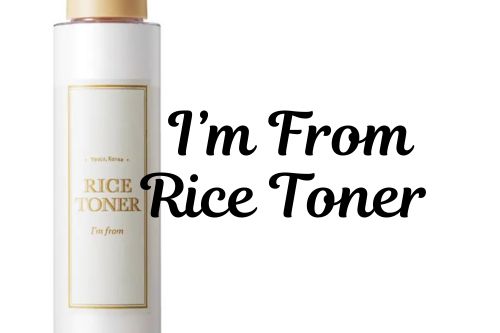

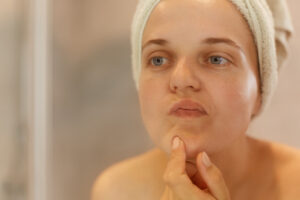
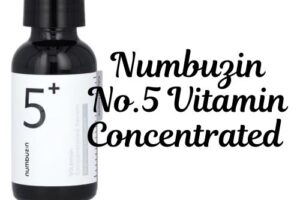
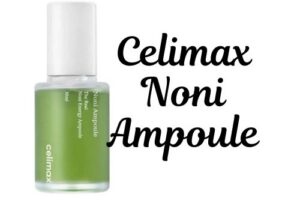
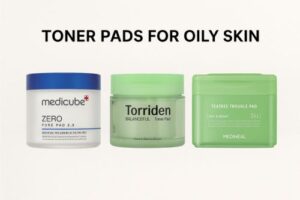
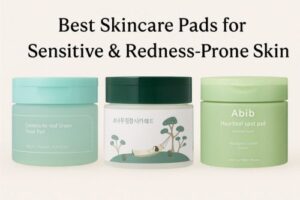
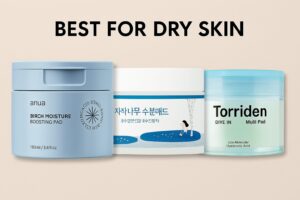
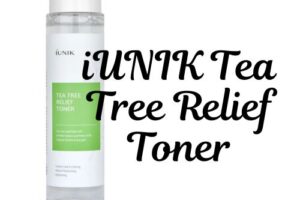
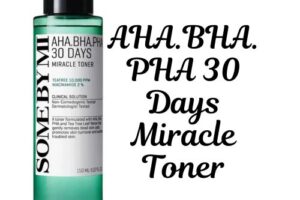
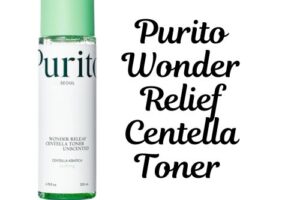
Post Comment